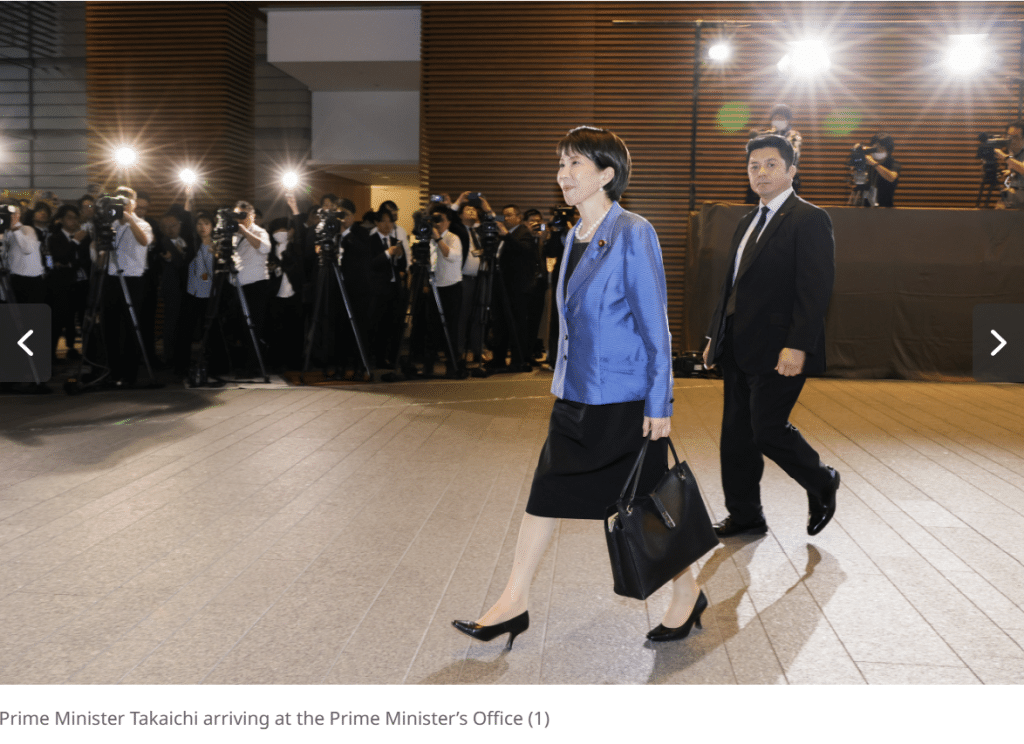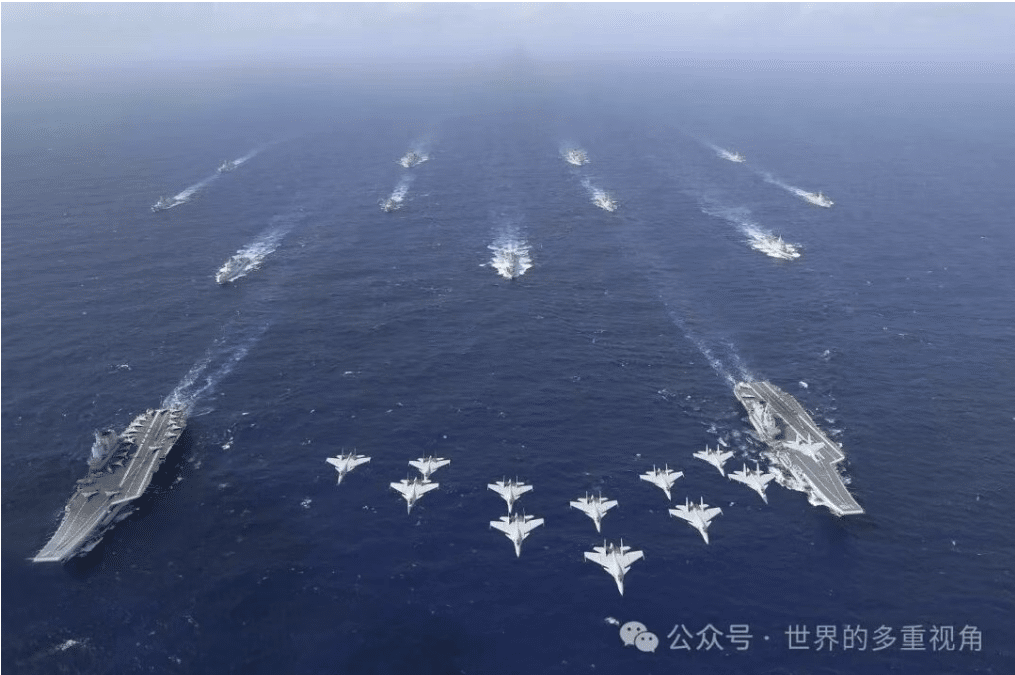Interview with Zhou Wenxing: Cross-Taiwan Strait Relations in the Next Few Years—Is War Inevitable?
On the Campaign: Ely Ratner and Biden’s China Strategy
By Raphael J. Piliero.
Since winning the presidential election in early November, President-elect Joseph R. Biden Jr. has been announcing his presumptive picks for the top jobs within the foreign policy establishment, including his pick for Secretary of State, National Security Advisor, and several other key roles.
During this process, one name that has drawn attention is Ely Ratner. Having served from 2015 to 2017 as the deputy national security advisor to Vice President Biden and as an advisor to then-Senator Biden, Mr. Ratner is expected to serve the administration in some capacity. However, in his current role, Mr. Ratner is the Executive Vice President and Director of Studies at the Center for New American Security (CNAS).
Mr. Ratner is most well-known as a specialist on China, having served in the office of Chinese and Mongolian affairs at the State Department and as a senior fellow of the Asia-Pacific security program at CNAS. Holding a PhD from the University of California, Berkeley, Mr. Ratner has additional experience working in the Senate on a foreign policy portfolio. It is possible that Mr. Ratner will influence United States foreign policy towards China in some respect during the Biden administration. The question then emerges – how would Mr. Ratner approach the China challenge?
No New Cold War
In much of his research, Mr. Ratner has been careful to emphasize his view that the United States cannot manage its relationship with China like it did the Soviet Union. For Mr. Ratner, to “reach for the Cold War playbook” would result in both states competing for allies and influence, choosing to compete across domains instead of searching for opportunities to cooperate and compromise. Furthermore, Mr. Ratner is particularly critical of the Trump administration’s proclamation that it can “spend the adversary into oblivion.” In reference to the Reagan administration’s strategy to dominate the Soviet Union by outspending it on weapons proliferation, Mr. Ratner appears critical of such a strategy with China.
Mr. Ratner also stresses that this comparison fails to accurately capture current American geopolitical competition with China. With the Soviet Union, the world was divided into Eastern and Western blocs with little trade between them; by contrast, the United States and China have extensive trade ties and other economic interdependencies, and such a Cold War-esque strategy would require costly economic decoupling. Geopolitically, many countries remain unaligned with the United States and China, and both stand likely to benefit from them; however, there is little enthusiasm for an all-out Cold War-redux.
For Mr. Ratner, this Cold War paradigm emerges out of hubris, a false belief that the United States can fundamentally change China’s government. Reflecting an “outsize sense of its ability to determine China’s course,” the United States must instead realize that China is a more formidable adversary than the United States historically gave it credit for. China has shown the ability to thrive despite constraints imposed by the United States, which necessitates a new policy paradigm beyond encirclement or containment.
Instead, Mr. Ratner suggests that there will never be an all-encompassing coalition aimed at containing China. In contrast, the United States and other countries will “build coalitions of the willing on different issues,” such as unfair trade practices, Taiwan, or regional security. In other areas, China won’t be configured as a foe, but as a partner, with opportunities for cooperation on non-proliferation, climate change, and more.
Notably, this stance diverges somewhat from other significant intended appointments by President-elect Biden. In particular, Biden’s pick for Secretary of State, Antony Blinken, has emphasized the role that alliances can play in forming a broader coalition against China, ensuring that American interests are globally represented. Instead, Mr. Ratner has urged a significantly more case-by-case approach to the China challenge, refusing to affix a broad label to the US-China relationship.
That being said, Mr. Ratner has not cast himself as a dove on China, either. In a series of remarks during the presidential campaign, he criticized President Trump for making “China’s position…stronger, while the United States’ has grown weaker.” In contrast, he argues that President-elect Biden’s agenda will be one of positioning the US to out-compete China in the long run.
Where do US allies fit in?
While Mr. Ratner has noted that “there’s no bumper sticker for the relationship between the two countries,” there are still overarching strategic goals that the United States wants to achieve when it comes to China. These include fair trade practices, regional stability, the defense of allies, and non-proliferation. For those goals to be effectuated, the United States cannot go at it alone – instead, cooperation with allies will be essential.
Cooperation will be less about trying to force China to change its model of governance, but about bringing about “a more confident United States.” Mr. Ratner sees this best achieved by prioritizing American competitiveness across issues, strengthening international economics, diplomacy, technology, innovation, defense, and security. While international coalitions for Mr. Ratner might not be all-encompassing, they will still be present, illustrating a sharp contrast with the unilateral approach of the Trump administration on issues such as trade.
Many envision the view taken by Mr. Ratner and others as being a return to many of the policies of the Obama administration. Indeed, figures such as Antony Blinken and Jacob Sullivan do represent a throwback to the prior administration. For allies having felt abandoned or isolated by the Trump administration, this may be a welcome sign that much of the past four years is being reversed.
While Mr. Ratner’s specific appointment is still unknown, it remains likely that he will have President-elect Biden’s ear on many of the key foreign policy questions that relate to China. The interplay between Mr. Ratner’s views on China and those of the other foreign policy advisors will be interesting to watch unfold as America charts its new foreign political path towards China.








